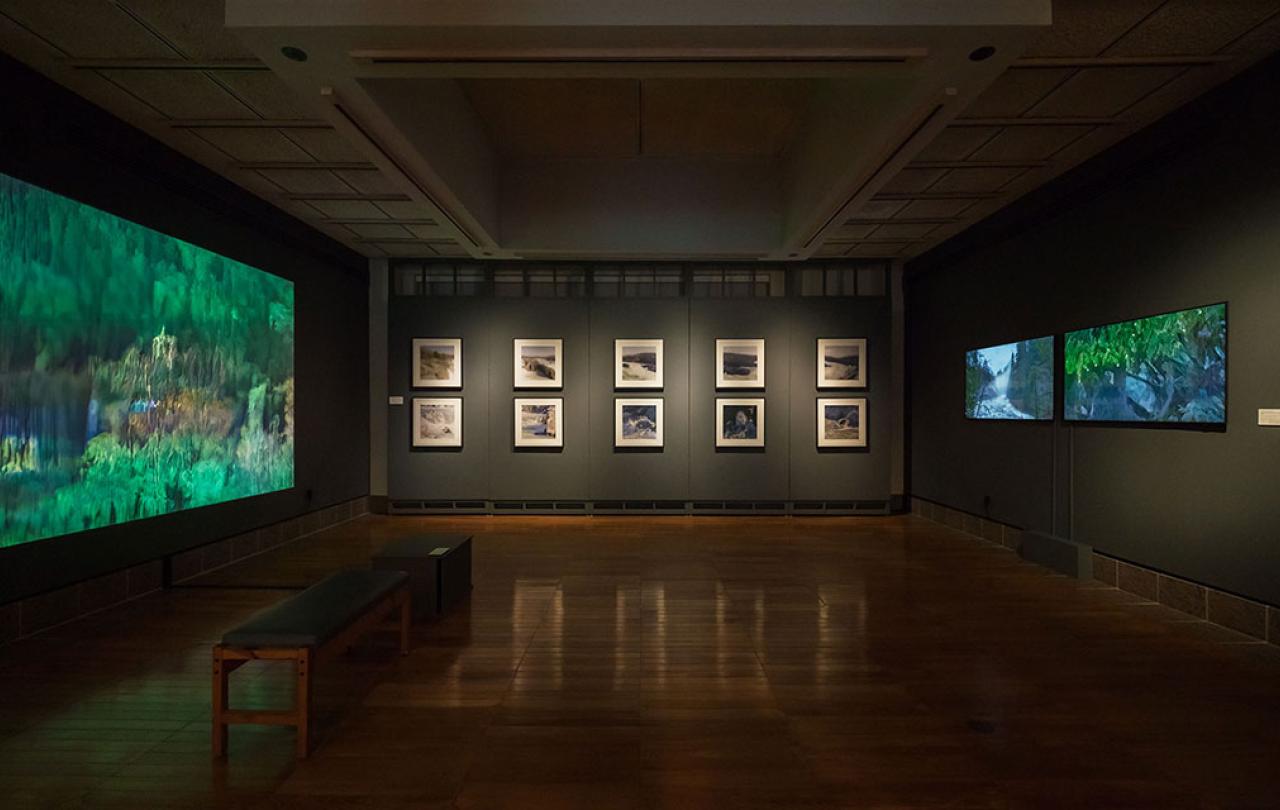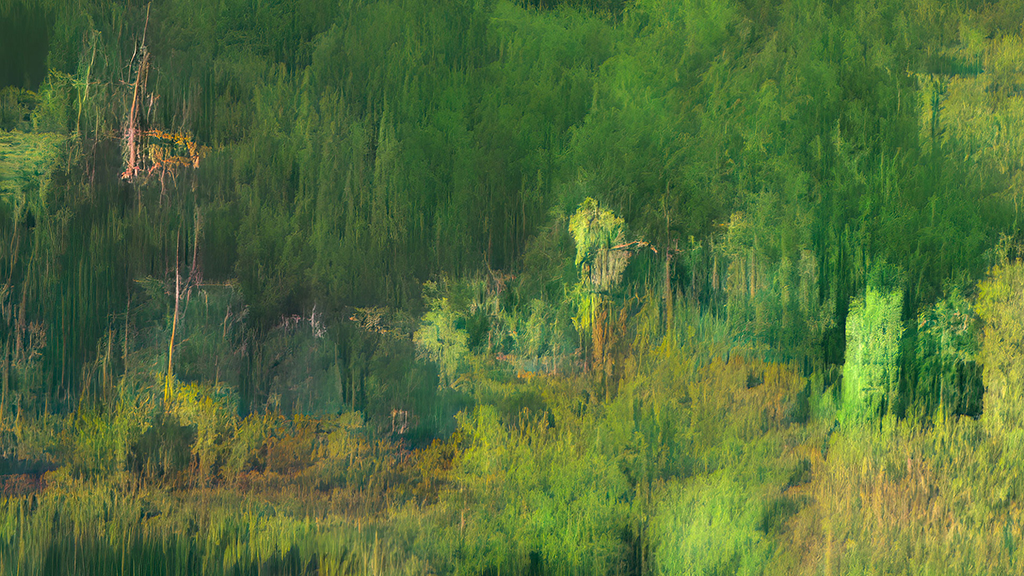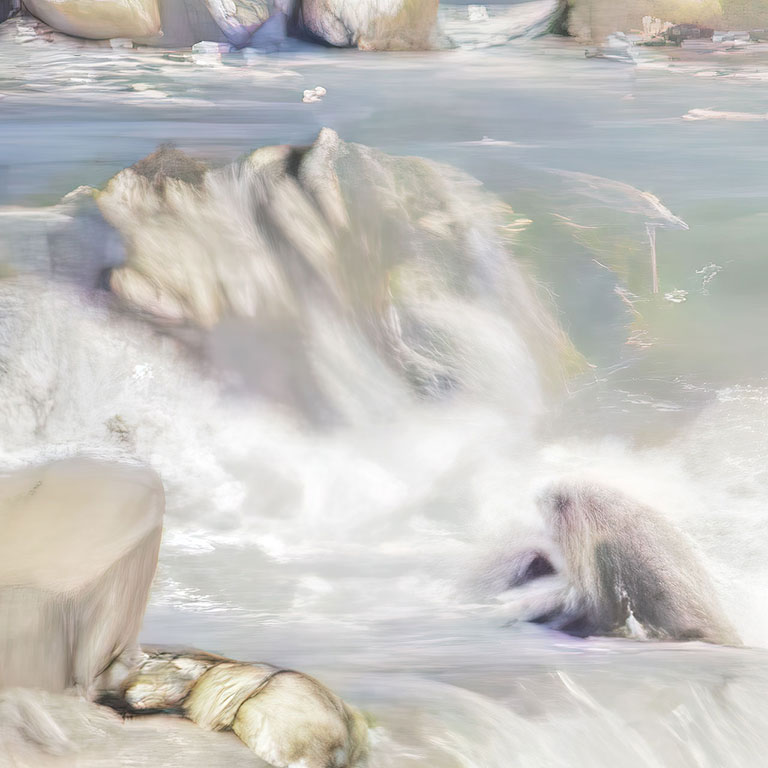
Picture the scene:
You have a monthly column writing about football from a Christian perspective. You’ve just finished this month’s piece and are about to send it off to your editor.
Before you do, you go to make a coffee. You open Twitter, only to find your timeline filled with videos of a Premier League referee openly slagging off a Premier League club and manager in some of the most obscene ways imaginable. You sigh, trudge back to your laptop, and begin re-writing your column.
Deary, deary me.
It is difficult to even begin quantifying the amount of trouble Premier League referee David Coote is in, following the emergence of videos in which he (allegedly?!) calls Liverpool Football Club “s***” and former manager Jürgen Klopp a “German c***”. It’s not clear when the video was filmed but given Coote (allegedly?!) mocks social distancing regulations, it may well be from a few years back.
There is also a second video in which Coote says: “just to be clear, that f***ing last video can’t go anywhere. Seriously.” The person next to him chimes in: “He’s a premier league referee. Let’s not … let’s not ruin his career,” seeming to confirm that Coote is the person in the video. This second person then goes on to say: “let’s face it: we’re good blokes” seemingly oblivious to having said in the previous video: “Liverpool are all f***ing b******s, and we hate scousers.”
The marks perhaps a new low point in the relationship (if that’s not too generous a term) between fans and referees. I talked last month about the prominence of conspiracy theories amongst (some) football fans; we might forgive some Liverpool fans for thinking this particular referee had it in for them …
My wife and I were at Anfield last Saturday for Liverpool vs Aston Villa. David Coote was the referee. We’re lucky enough to sit in the front row at Anfield, and David Coote and his linesmen were warming up directly in front of us. Even before kick-off, some people in the crowd were making sure Coote knew what they thought of him.
In the first half, Villa winger Leon Bailey brought down Mo Salah as he was seemingly through on goal. Normally this would be a red-card offense for denial of a goal-scoring opportunity; in this instance there was not even a foul awarded. It’s safe to say that the people sat near us think even less of David Coote than David Coote thinks of Jürgen Klopp.
In the grand scheme of things, David Coote will be fine. He’ll probably end up as a pundit somewhere, earning more than he does currently for telling viewers why any given refereeing decision in any given match was the right one.
According to a statement by PGMOL (the body responsible for Premier League officiating), Coote has been “suspended with immediate effect pending a full investigation.” But you never know, if any institution can contrive to find a way for someone to keep their job after this, it’s PGMOL. He might be back not-brandishing red cards straight after the current international break. In April 2023, assistant referee Constantine Hatzidakis was caught – on camera – allegedly elbowing Liverpool full-back Andrew Robertson in the face. After a PGMOL investigation, he was cleared of any wrongdoing.
But for some Liverpool fans the leaking of this video is nothing other than vindication. “We knew he [and, by extension, other refs] were corrupt. This is just proof!”
But this is, I fear, only bad news for the sport. There is already a widespread ‘us and them’ mentality when it comes to the footballing establishment. It often feels as though football happens despite referees, not because of them.
The footballing media don’t help this. Most post-match analysis now centres on the referees. Did they make the right decision? Should that person have been sent off? Were there too many yellow cards? Were there not enough yellow cards?
I am, frankly, bored of talking about referees. I watch football to see Mo Salah be the best player in the world, or to see Virgil Van Dijk be the most imperious human being that’s ever walked on the earth. Not to see some wannabe police officer have a power trip. Look, I wouldn’t want to be a ref. They’re subject to horrific abuse, both in person and online. And yet, the increasing centrality of referees and refereeing to football discourse is unhealthy for the sport.
Only those secure in their authority and competence can operate with the vulnerability necessary to have that authority and competence questioned.
The breathtakingly arrogant assumption of authority that oozes from every fibre of Coote’s being in the videos is, I think, somewhat indicative of the way authority has been wielded in this country in recent years.
Such heavy-handed wielding of authority – whether it’s Boris Johnson’s incessant disbelief that anyone would have the gall to question his decision to party during lockdown, or the apparent ease with which David Coote seems to imagine himself the most important person on the football pitch – all ultimately stem, I think, from insecurity.
We have just seen the re-election of convicted felon Donald Trump as President of the United States of America. What a sentence that is.
Perhaps more than anyone else, Trump typifies the desperate kind of insecure man who craves authority. A man of deeply fragile ego, Trump’s attempted coup of January 6th 2021 – for what else can we say it was? – was the violent manifestation of an infant’s inarticulate magpie mentality, denied their most recent ‘shiny thing’.
A toddler with nuclear codes.
Only those secure in their authority and competence can operate with the vulnerability necessary to have that authority and competence questioned. In a move straight out of the Johnson/Trump playbook, Coote initially denied the videos were real, and then claimed not to remember their content, as thought that in any way served as mitigation. (Imagine: “Yes, your honour, that video certainly does show me killing the victim, but I can't remember doing so!”)
This is not a man whose authority is based on vulnerability or transparency.
Sadly, our politicians seem increasingly unwilling to display such vulnerability, and so do our referees. The latter might seem less important than the former, but they both speak to a broader culture of insecurity that leads the authority being wielded by the unfit.
And sport is uniquely placed to combat such insecure seriousness of authority. Because sport is, ultimately, really, really stupid.
In 2009, a Liverpool fan threw a beach ball onto the pitch in a match against Sunderland. As Sunderland striker Darren Bent took a shot, it ricocheted off the beach ball sending it one way, while the football went another. Liverpool keeper Pepe Reina dived after the beach ball, leaving the football to cross the line for a goal.
Sunderland won 1-0.
It was an unbelievably stupid moment. It was the pinnacle of sport as far as I’m concerned; exactly the kind of stupid nonsense I watch sport for.
I want my stupid sport back. The kind of stupid sport that people don’t feel strongly enough about to record videos as unbelievably arrogant as Coote’s. All sport is a gift from God, football included. It is simply a gift to be enjoyed; nothing more, nothing less. It is profoundly unserious in this respect.
There’s an episode of The Simpsons I think about a lot. Lots of advertising billboards come to life and begin harassing the residents of Springfield. The solution? Just don’t look. The billboards thrive on the attention; it’s what keeps them alive. Without it, they die.
Men like David Coote, Boris Johnson, and Donald Trump thrive on authority; on being taken seriously. They are human billboards, advertising nothing but themselves. This makes them immensely unsuited to the very authority they crave.
Coote might have said “that f***ing last video can’t go anywhere. Seriously.” But the very fact that he recorded it in the first place, that he voiced such thoughts in the first place, displays exactly the kind of insecurity and temperament of character that leads to people absolutely buckling under the weight of authority.
What is football to learn from the David Coote incident? Just don’t look. The endless, austere-faced analysis of the minutiae of refereeing leads only to a culture that attracts people like Coote to the job in the first place. The sooner we stop talking football so seriously, the sooner we will be rid of the Very Serious MenTM ruining the sport.
Indeed, ‘looking’ at the world’s Boris Johnsons and Donald Trumps – them and the people that prop them up, like failed-author-cum-politician Nadine Dorries, or the inexplicably daft Elon Musk – is to give them precisely what they want: attention. They are attention black holes; you do not reason with black holes, and no good can come from playing around with them.
No, only Pepe Reina’s beach ball can save us from the David Cootes of this world.



